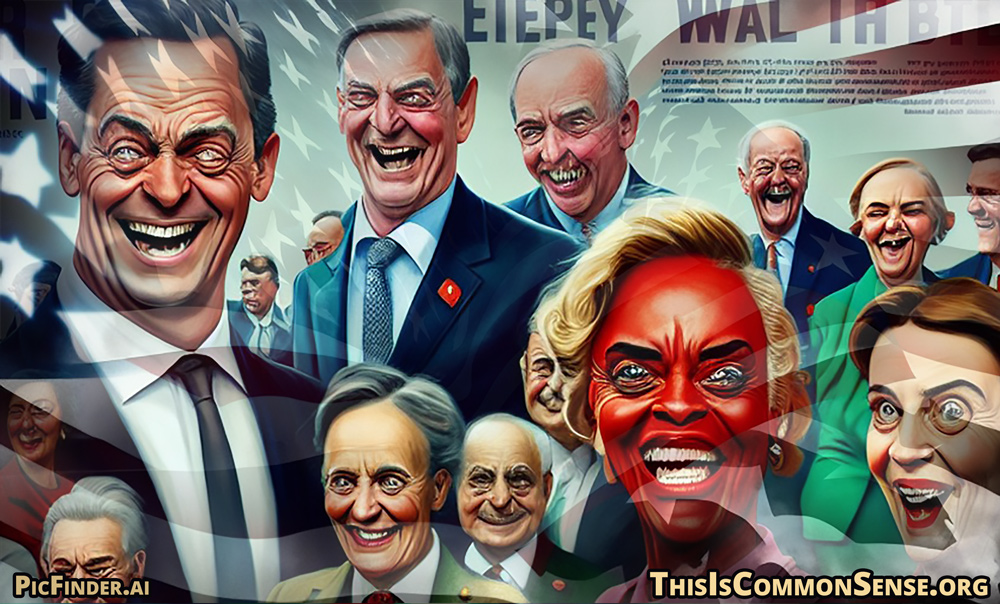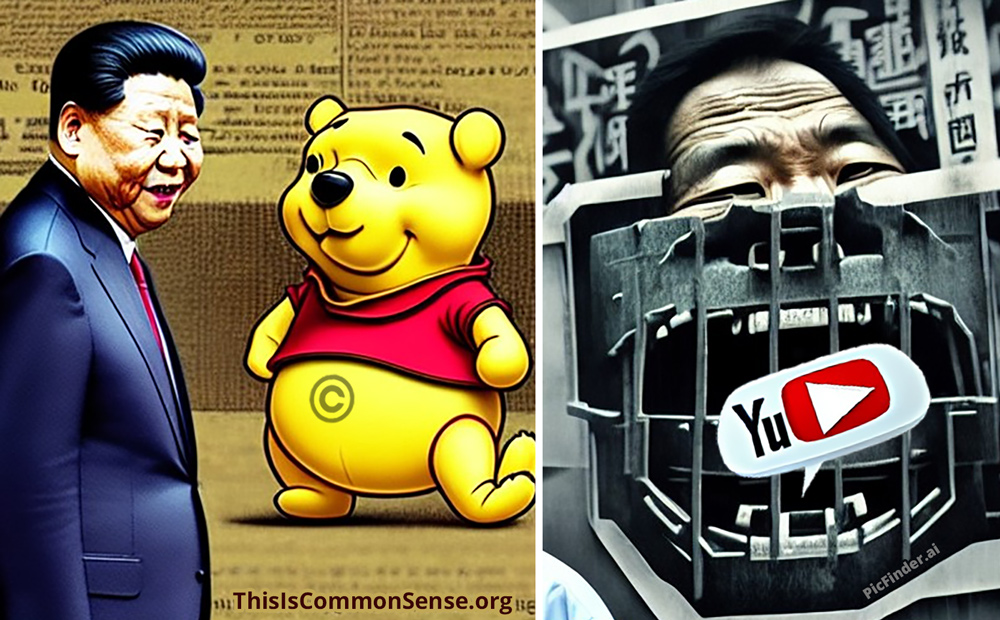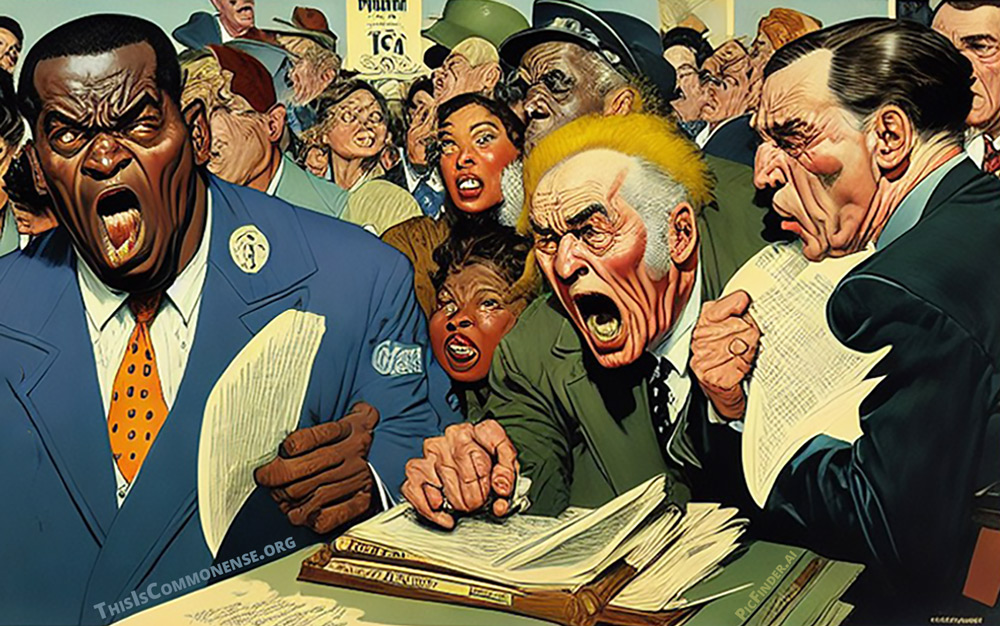When the term “the Deep State” entered our vocabulary, establishmentarians and insiders were annoyed. They argued the term was meaningless or vague or designated something that did not exist.
The rest of us accepted the term to identify the parts of the administrative state — coupled with the military-industrial complex’s corporations — that keep big secrets and act mostly independently of our democratic-republican institutions, including those who work behind the scenes to effect policy and mold public opinion.
The Deep State is all-too-real.
Now that National Public Radio has been dubbed “state-affiliated media” by Elon Musk’s Twitter, it may be time to add a new term to our lexicon: the Wide State.
“It was unclear why Twitter made the move,” writes David Bauder of the AP. “Twitter’s owner, Elon Musk, quoted a definition of state-affiliated media in the company’s guidelines as ‘outlets where the state exercises control over editorial content through financial resources, direct or indirect political pressures, and/or control over production and distribution.’”
When NPR objected on Twitter, Musk tweeted back: “Seems accurate.”
But, but, but, they sputter: only 1 percent of NPR’s budget is from the federal government, and the organization has a well-established editorial independence!
Well, as the power of the Deep State has shown, directorial independence does not really constitute a non-state nature.
It’s obvious that many “private” institutions do exert immense political and governmental power: corporations through regulatory capture; news media through rank partisanship; all organizations that express eagerness to (and have demonstrated repeated instances of) collaborating with partisans in power.
These constitute the Wide State.
Of which NPR is a part.
Besides, if NPR lives “only” with a single percentage-point subsidy, why not cut the umbilical cord and prove its independence?
And get Twitter to change the label.
This is Common Sense. I’m Paul Jacob.
Illustration created with PicFinder.ai
—
See all recent commentary
(simplified and organized)





